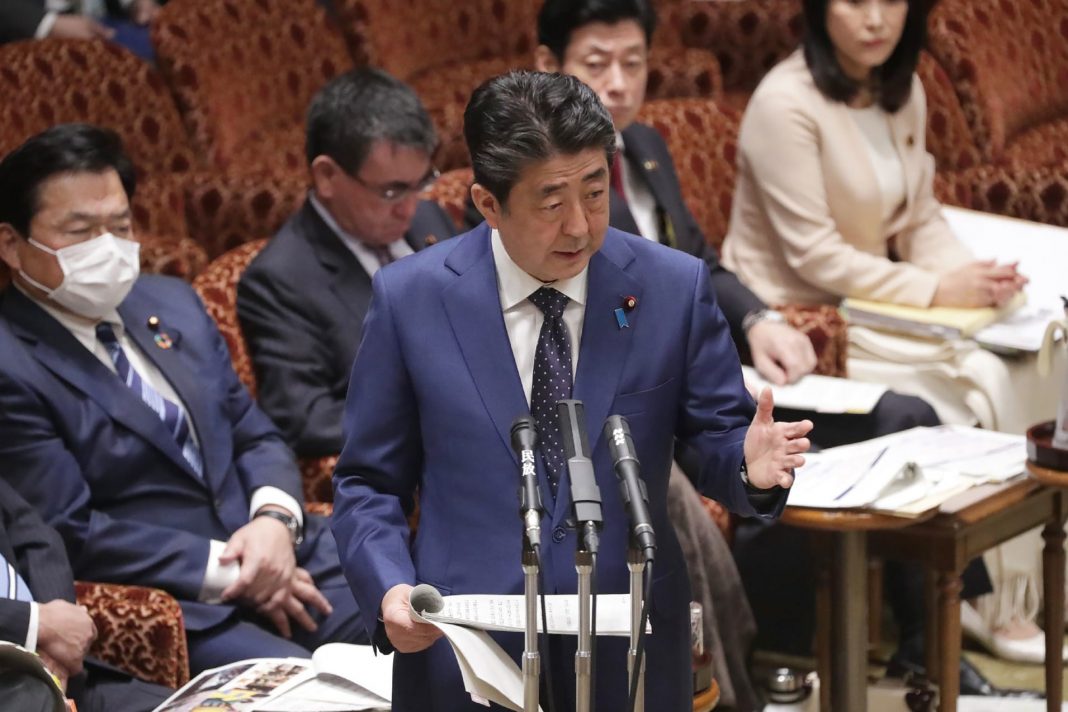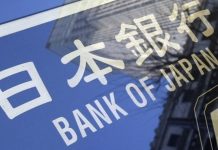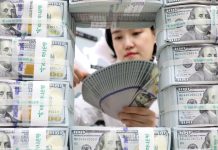Japan’s economy has been dealt a “final blow” as the country deals with the fallout from the global coronavirus pandemic, leaving it on a path toward a “steep recession.”
That’s according to Jun Saito, senior research fellow at the Japan Center for Economic Research (JCER).
The Japanese economy already started to slow down since late 2018, and the impact of trade tensions between China and the U.S. was further exacerbated by a consumption tax rate hike in Oct. 2019, Saito told CNBC’s “Squawk Box” on Tuesday.
“I think the coronavirus has given a final blow to the economy,” he said, reiterating his view that Japan is headed for a “very steep recession.” He said this would likely be caused by shocks from both demand and supply.
Furthermore, decisions such as the postponement of this year’s Olympic and Paralympic Games have placed “further downward pressure” on the Japanese economy, he said.
Instead of trying to stimulate the economy, he said what is needed right now is policy packages in order to “prevent the free falling of the economy.”
Elaborating more on this, Saito said there were three areas of support required to stem the economic decline.
First, support should be given toward the development of vaccines and drugs for the coronavirus, as well as to the medical sector for it to continue operating, he said. Next, support should be given to workers who have lost their jobs. Lastly, small-and-medium companies that have suffered a loss in demand and are facing financial difficulties from the economic hit of the coronavirus also need financial support, Saito said.
The analyst’s comments came after Japanese Prime Minister Shinzo Abe said fiscal spending under Japan’s stimulus package to arrest the fallout from the coronavirus outbreak will total 39 trillion yen ($357 billion), according to a Reuters report which cited local news agency Jiji. On Monday, Abe said the government will roll out an economic stimulus package worth 108 trillion yen, equal to 20% of economic output, the report said.
“The number looks really impressive, 20% of GDP, but I think we really need to see the details,” David Marshall, senior analyst of Asia-Pacific financials at CreditSights, told CNBC’s “Street Signs” on Tuesday. “Japan’s Ministry of Finance is I think notorious, we can say, for coming up with big numbers to please politicians.”






























